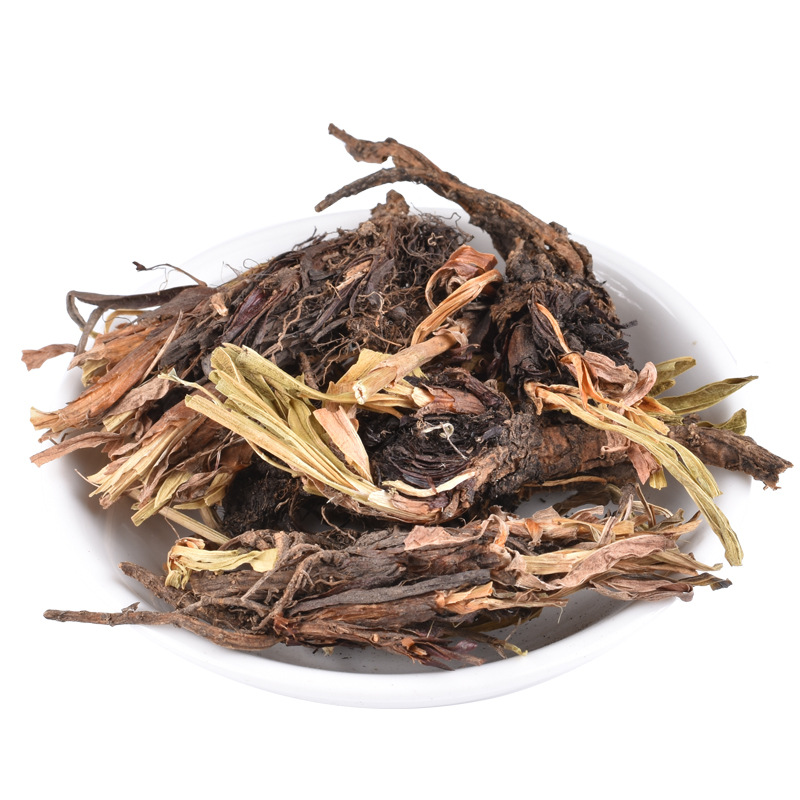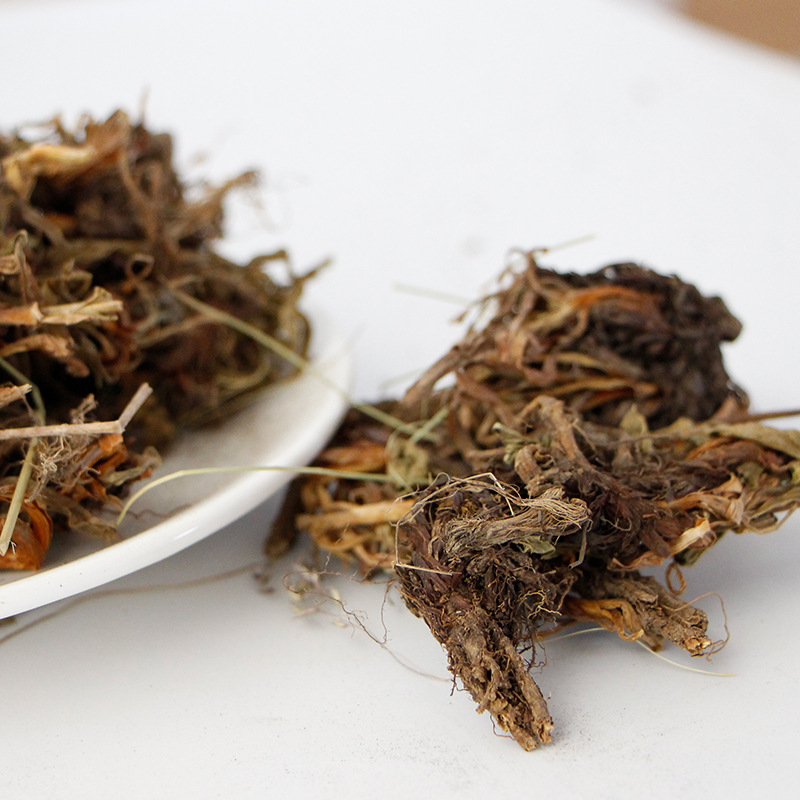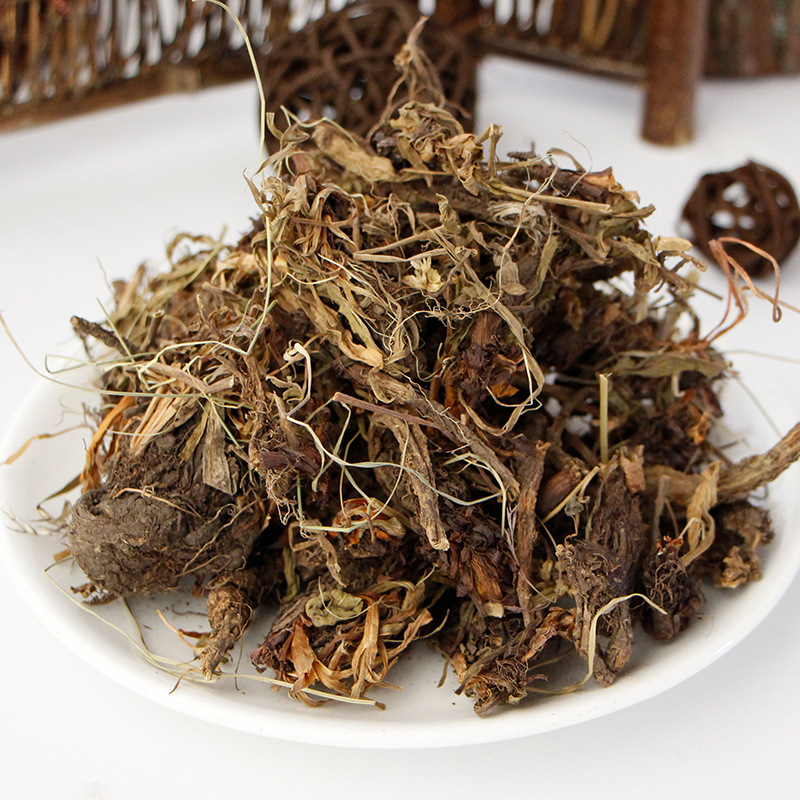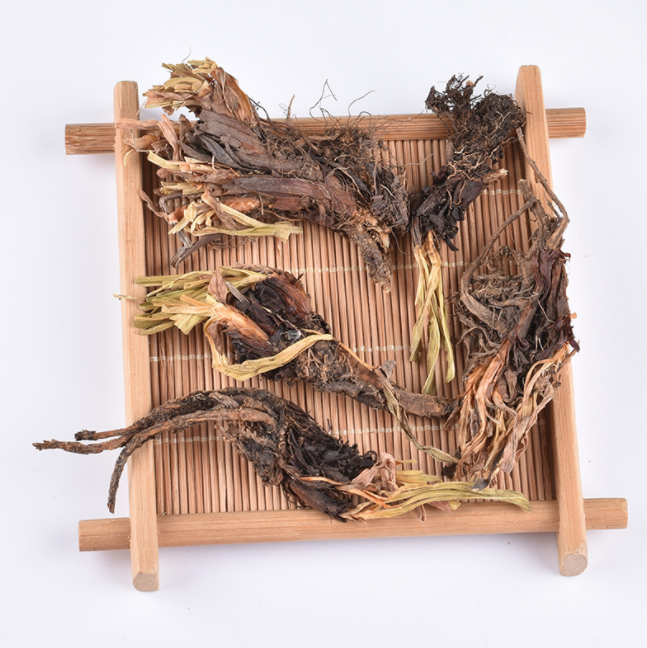
Nardostachys jatamansi, commonly known as "Spikenard" or "Indian spikenard,"
is an herbaceous plant native to the mountainous regions of the Himalayas. It belongs to the Valerianaceae family and has been used extensively in traditional medicine systems, including Ayurveda, for centuries.
Characteristics:The Spikenard plant features a fragrant root that carries a distinct earthy, musky, and slightly sweet aroma. The small, yellow-to-brown rhizomes are the part of the plant typically used in medicine and perfumery due to their essential oil content.
Medicinal Uses:In traditional medicine, Nardostachys jatamansi is believed to have sedative and tranquilizing properties. It is often used to treat nervous disorders, insomnia, and anxiety. Additionally, it is said to have memory-enhancing effects and is sometimes referred to as "Indian ginseng."
Ayurvedic Applications:In Ayurveda, Spikenard is considered to have a cooling energy and is associated with the moon. It is tridoshic in nature, meaning it can balance all three doshas (body types): vata, pitta, and kapha. It is used to support the nervous and digestive systems and to alleviate stress.
Active Compounds:The plant contains several active compounds, including sesartinine, jatamansic acid, and lignans. These constituents are responsible for its therapeutic activities, which include antioxidant, antifungal, and anti-inflammatory effects.
Essential Oil:The essential oil of Nardostachys jatamansi is highly valued in aromatherapy for its calming and soothing properties. It is often used in blends intended to reduce anxiety and promote relaxation.
Cautions:As with any herbal remedy, caution should be exercised when using Spikenard. It may interact with medications and is not recommended for use during pregnancy or while breastfeeding. It is important to consult a healthcare provider before starting any new herbal treatment.
Sustainability:Due to overharvesting and habitat loss, some populations of Nardostachys jatamansi are at risk. Responsible sourcing and cultivation practices are crucial to ensure the sustainability of this valuable medicinal plant.
Nardostachys jatamansi represents a bridge between traditional medicine and modern aromatherapy, offering a range of potential health benefits that continue to be explored and appreciated worldwide.

![]()








